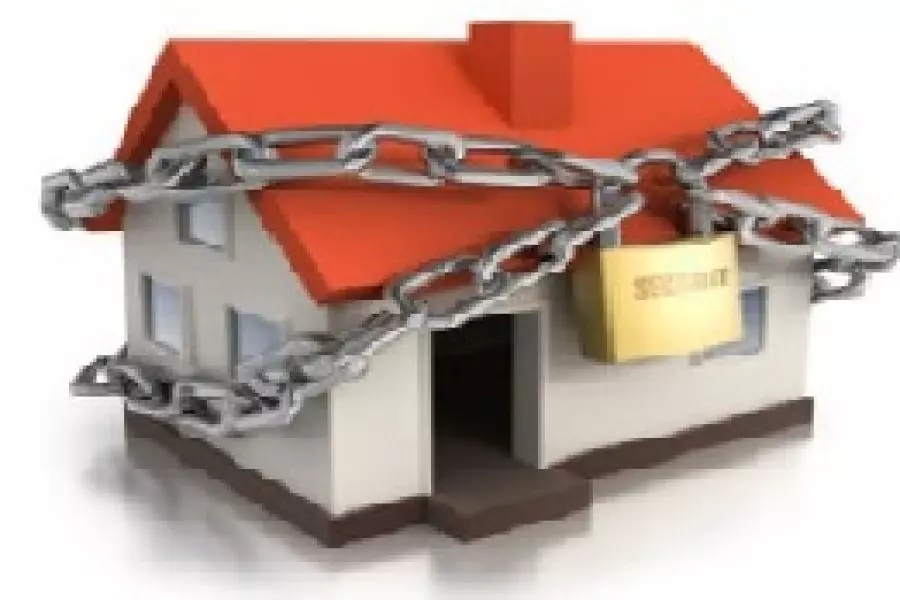News
When to worry about meth

Wednesday 6th of April 2016
Meth contaminated properties have been generating sensational headlines of late and, for landlords, their spectre is a huge concern.
While the scale of the problem is unknown, those who end up owning a meth contaminated property face losses in several areas.
These include a drop in value and sales price for a property with a history of meth contamination, rental losses while the...
Want to read the full article?
Click the button below to subscribe and will have unlimited access to full article and all other articles on the site.






![[The Wrap] Bye Bye Bayly](https://goodreturns.publit.io/file/c_fill,w_900,h_600/39f23ac1-f7c7-4854-b700-a150004ebbac.webp)


